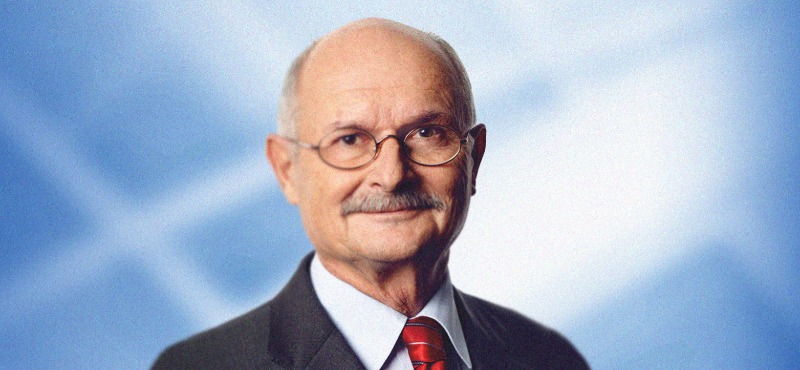For Eberhard Braun of the 2019 “Law Firm of the Year” award-winning firm Schultze & Braun, the success of the bankruptcy lawyer isn’t always found in large or flashy cases, but in what he calls the “ordinary work.” Below, he discusses his firm’s recognized restructuring and insolvency practice with Best Lawyers CEO Phillip Greer.
What achievements do you feel contributed to your 2019 “Law Firm of the Year” award?
We started the firm in 1975 and have quite a history of achievement. In 1981, I picked up my first bankruptcy case as an administrator. Since then, we’ve developed our restructuring and bankruptcy business and taken bankruptcy work all over Germany. We realized the importance of sharing costs early on. To do this most effectively, we sought to cover as many cities as possible, provided they had bankruptcy courts. We’ve since covered almost three-quarters of
Can you tell me about one or two landmark cases over the time since you started this practice and its growth that stand out as pivotal cases for you?
The Fairchild Dornier case stands out. Fairchild was an American company when it took over the aircraft builder Dornier, so the case was closely tied to the United States. When we got their bankruptcy case, we had two liquidating Chapter 11 filings in the U.S. parallel. Another landmark case was the criminal case involving FlowTex, in which someone was running a pyramid scheme; It led to the biggest fraud case we’ve ever had in Germany.
What kind of programs do you institute to guarantee success for your practicing attorneys?
The training and mentorship programs are a little bit different in Germany. From the start, our firm decided that we should educate our future administrators on our own. We hire young attorneys just graduating from university and their preparation course with the Ministry of Justice and train them for around five years. After this substantial period of training and education, these attorneys are expected to join an office or create an office of their own. If they are successful, they can start to educate the next group of new, young colleagues and continue the cycle.
In what way has technology affected this practice?
In truth, we haven’t seen a huge impact on our practice from new technologies in the way that you might think. Where technology has really made changes is in the consumer area. In the criminal area, where we focus the bulk of our work and resources, there hasn’t been much change. Of course, the instruments within the practice are growing all the time. In fraud, there are new tools for finding out how someone hides money, to give one example. But technology, for me, is not necessarily the key for future improvements.
How does your firm stay agile against competitors in this practice?
It’s a matter of attitude and a dedication to all aspects of bankruptcy law. We believe in this system. Those who don’t believe tend to fail. That’s something we’ve seen quite drastically in the last year or two, actually: Firms who had been our competition in bankruptcy went out of business after deciding they wouldn’t take so-called “ordinary” work and elected for only big cases. Personally, I think it’s wishful thinking if you believe that you can cherry-pick the size and status of your cases. You will always need to do the ordinary work of bankruptcy within the daily business that is retail—that is the basis. There are plenty of bankruptcy firms, but there aren’t many that have this same mentality and are willing to work in the same way that we do. Some firms have a broader basis and do more legal, civil law work, arbitration, or court work. We are very focused on restructuring and bankruptcy.
What else about your firm’s structure lends itself to your success?
We have an international board, which is specifically designed to support administrators in all cross-country problems. That is something about the firm that I’m very proud of. Administrators who have assets outside of Germany—in other European states or in the U.S. or Poland—might have a case where the main connection goes through France or Italy that they need help coordinating. Crucially, the costs of these departments are shared across as many offices as possible, because it’s not a service any one individual might need too frequently. This department was, in my view, a key for improving quality and sharing costs.
The second is the department where we are focusing on criminal absorbencies to trace assets to explore balance sheets which have been used to commit a crime. Then you have to think that ordinary balance sheets what someone has and you can discuss if the evaluation is correct, but in a criminal absorbency, you always need to understand the crime, to know where you need to look to investigate and to finally, hopefully, get some funds for the estate.
Reference: An Interview With Eberhard Braun of Schultze & Braun
3,319 total views, 1 views today

